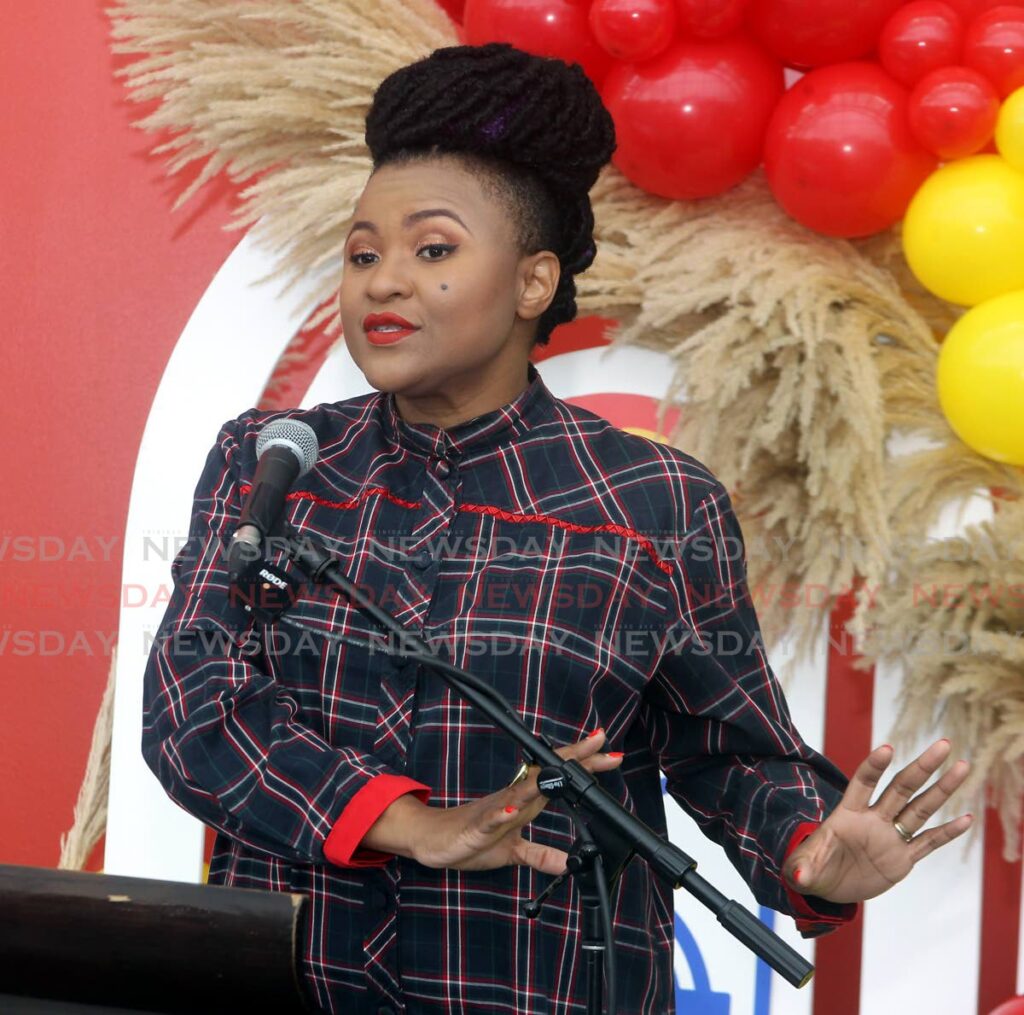Ministry: New hair rules in September

A national school hair code is to come into effect for the new academic term, 2023/2024, triggered by the incident at Trinity College in which students wearing afros and cane-row hairstyles were not allowed to graduate with their peers.
Minister of Education Dr Nyan Gadsby-Dolly, who described that situation as unfortunate, has proposed a set of rules that will allow students to wear locs, twists, plaits, afros and cane rows, but no wigs, dyed or coloured hair.
Proposals were made on Thursday, during a meeting the Ministry of Education (MoE) held with the Tobago House of Assembly (THA), Denominational Boards, National Principals’ Associations, the National Parent Teachers Association (NPTA), TT Unified Teachers Association (TTUTA) and other education stakeholders on a draft national hair code.
A MoE statement issued after the meeting said individual schools would be mandated to form a committee to determine their school hair rules, which must align with the national code.
“This committee will comprise representatives of students, staff and parents. Schools should formulate their school hair rules by October 2023, a copy of which must be submitted to the line school supervisor before they are effected."
In the interim, no student should be penalised on the basis of a hairstyle, once they are in conformity with the national code, the minister said.
“All parents and students should be sensitised by the school’s administration about the implementation of the school hair rules before they are effected.”
Gadsby-Dolly said the ministry would continue to collaborate and engage with stakeholders in the education system on updates and upgrades in school operations and policies to improve the effectiveness of the educational sector.
“The MoE is cognisant of the fact that educational environment is a dynamic one, which requires, from time to time, adjustments to policies to keep pace with accepted changes in societal norms, values and beliefs. “
She said the MoE had taken note of the national discourse surrounding the issue of acceptable hairstyles, and has assessed current policy arrangements, as well as recent global and regional responses to calls for reform in this area.
On the basis of the research and discussions held, she said the national school code of conduct would be amended to include a hair code, which would provide broad guidelines for principals in the development of individual school hair rules.
The new rules recommend:
1. That students shall maintain neat and clean hair at all times.
2.Hair that crosses shoulder length should be tied back at all times for safety reasons.
3. Locs, twists, plaits, afros, cornrows, shall be allowed for all students, in compliance with individual school hair rules.
4. Female students shall be allowed to wear hair extensions, including weaves and braids, in compliance with individual school hair rules.
5. Wigs and dyed or coloured hair for students are not allowed. In exceptional cases, as determined by the school principal, approval may be granted to students.
6. Hairstyles that obstruct the normal view of others are not allowed, except for religious reasons.
7. Eyebrow markings and eyelash extensions are not allowed.
8. Haircut parting designs should be simple. Intricate designs are not allowed.
9. Hair ornaments should be in compliance with individual school hair rules.

Comments
"Ministry: New hair rules in September"